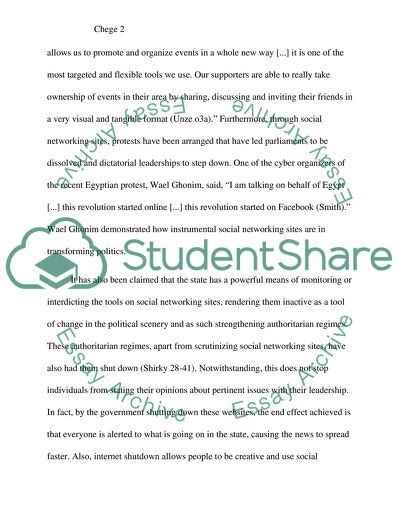Cite this document
(“Social Networking Sites: Revolutionized Politics Essay”, n.d.)
Social Networking Sites: Revolutionized Politics Essay. Retrieved from https://studentshare.org/information-technology/1576002-rogerian-argument-research-essay
Social Networking Sites: Revolutionized Politics Essay. Retrieved from https://studentshare.org/information-technology/1576002-rogerian-argument-research-essay
(Social Networking Sites: Revolutionized Politics Essay)
Social Networking Sites: Revolutionized Politics Essay. https://studentshare.org/information-technology/1576002-rogerian-argument-research-essay.
Social Networking Sites: Revolutionized Politics Essay. https://studentshare.org/information-technology/1576002-rogerian-argument-research-essay.
“Social Networking Sites: Revolutionized Politics Essay”, n.d. https://studentshare.org/information-technology/1576002-rogerian-argument-research-essay.


